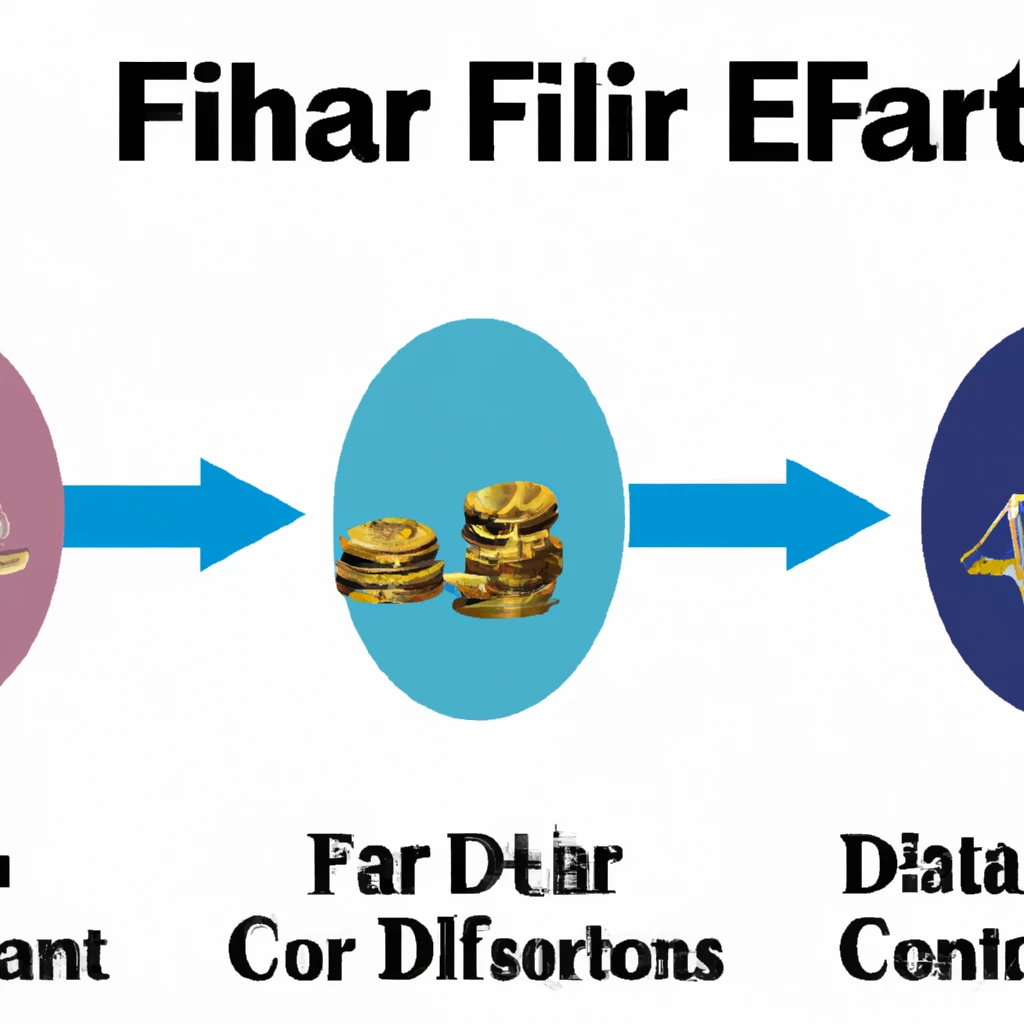Understanding the Fair Debt Collection Practices Act (FDCPA)
The Fair Debt Collection Practices Act (FDCPA) is a vital federal law that regulates the conduct of third-party debt collectors engaged in debt collection activities on behalf of another entity or individual.
This legislation imposes restrictions on how debt collectors can contact debtors, specifying permissible times of contact and limitations on the frequency of communication. Violations of the FDCPA empower debtors to take legal action against the debt collection company and individual collectors, seeking compensation for damages and legal fees.
The Consumer Financial Protection Bureau’s Debt Collection Rule supplements and clarifies the guidelines outlined in the FDCPA governing debt collector-debtor interactions.
Functionality of the Fair Debt Collection Practices Act (FDCPA)
The FDCPA establishes a framework within which debt collectors must operate to ensure fair and respectful debt collection procedures.
This law dictates the permissible communication times, language usage, and representation standards for debt collectors, prohibiting any form of intimidation or harassment during the debt collection process.
Debtors can report FDCPA violations to the Consumer Financial Protection Bureau (CFPB) or resort to legal action against the errant debt collectors.
Notably, the FDCPA does not extend protection to debtors pursued for personal debts, such as those owed to individual entities like local businesses. The law exclusively applies to third-party debt collectors, encompassing debts related to credit cards, medical bills, student loans, mortgages, and various household debts.
Illustration of Fair Debt Collection Practices Act (FDCPA) Safeguards
One significant provision of the Fair Debt Collection Practices Act stipulates that debt collectors are prohibited from contacting debtors during inconvenient hours, typically before 8 a.m. or after 9 p.m., unless mutually agreed upon arrangements have been made for contact outside these hours.
Moreover, debt collectors must adhere to debtor requests for specific communication times, such as calling after work hours. They can also utilize written correspondence, emails, or text messages as means of debt collection.
While debt collectors are permitted to contact debtors at their residences or workplaces, they are obligated to cease contact at specific locations upon debtor request. Notably, the FDCPA allows debt collectors to engage debtors through social media channels, with stringent privacy and identification protocols in place.
Furthermore, the CFPB’s Debt Collection Rule imposes restrictions on the frequency of phone calls made by debt collectors. They are limited to a maximum of seven calls within a seven-day period, but other forms of communication like messaging and emailing are not subject to such restrictions.
Within five days of initiating contact, debt collectors are required to furnish debtors with a written validation notice containing essential debt-related details, ensuring transparency and enabling debtors to dispute any inaccuracies.
The FDCPA strictly prohibits debt collectors from employing abusive, unfair, or deceptive practices during debt collection activities.
Additional Regulations under the Fair Debt Collection Practices Act (FDCPA)
Debtors have the authority to halt debt collectors’ calls to their home numbers by submitting a formal request via certified mail. To ensure the delivery of the request, obtaining a return receipt is advisable for verification purposes.
If a debtor’s contact information is unavailable, debt collectors may reach out to relatives, neighbors, or associates for assistance in locating the debtor’s phone number. However, they are prohibited from disclosing any debt-related information during these inquiries. Communication with third parties is strictly restricted to a single interaction per party.
Harassment tactics, such as threats of harm or legal action, use of offensive language, or spreading debt-related information, are explicitly prohibited under the FDCPA. Debt collectors are mandated to uphold integrity and transparency in their interactions with debtors, refraining from deceitful or coercive practices.
Can debt collectors visit my workplace?
Physically visiting a debtor’s workplace is considered publicizing the debt and is not permitted under the Fair Debt Collection Practices Act (FDCPA). Debt collectors may contact debtors at work but must cease these communications upon the debtor’s request.
What to do if faced with debt collector harassment?
If you believe a debt collector has infringed upon the FDCPA regulations, you can lodge a complaint with the Consumer Financial Protection Bureau (CFPB) or seek legal advice from your state’s attorney general.
What constitutes harassment according to the Fair Debt Collection Practices Act (FDCPA)?
Harassment encompasses repetitive calling, contacting debtors at improper hours, use of offensive language, public disclosure of debt, and contacting debtors without appropriate identification as a debt collector.
In Conclusion
While debtors are obligated to repay borrowed funds, they are entitled to fair treatment and protection from harassment during debt collection proceedings. By understanding and asserting their rights, debtors can navigate debt collection challenges effectively, mitigate stress, and avoid further financial strain.
